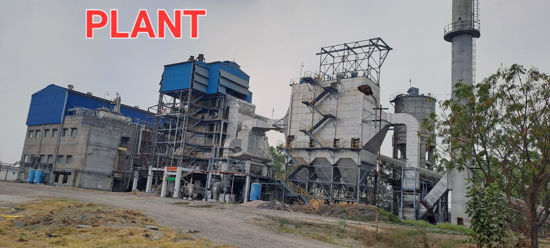Industry
- Biomass energy
Continent
- Asia
Country
- India
Vintage 
- CP2: 2013 or later
Sustainable Development Co-Benefits
Social
- Jobs
- Welfare
Economic
- Energy
- Technology
| 11/18/2024 |  | 339 t |
| 10/28/2024 |  | 15 t |
| 10/19/2024 |  | 170 t |
| 10/6/2024 |  | 110 t |
| 4/11/2024 |  | 1 t |
| View all 11 | ||
9430
9MW Biomass Power Project at Yedlapur Village in Raichur District, Karnataka, India
11
This project generates biomass-based electricity by burning rice husks obtained from rice mills in the region. The project is located near Yedlapur Village in Raichur District of Karnataka, India and is implemented by Raichur Bioenergies Private Limited (RBPL). RBPL owns over 100 rice mills, which produce large quantities of paddy-husks as a by-product.
Bank transfer payment for this project is possible from USD 100.00





